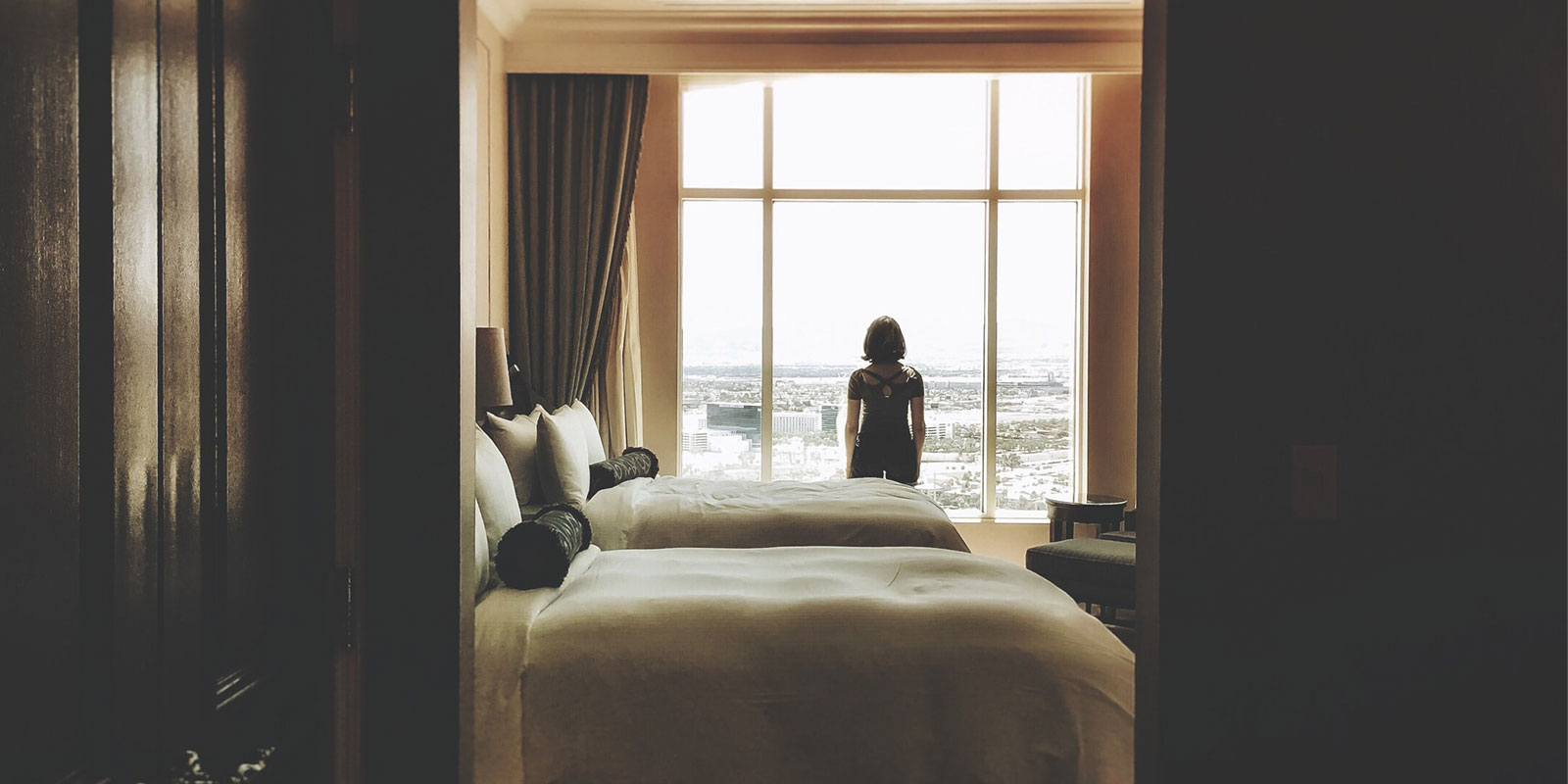Inclement Weather Reduced Reviewers Online Rating of Hotel
Experience and Increased Critical and More Detailed Evaluations
JERUSALEM, August 15, 2022 — Online reviews and evaluations are negatively influenced by inclement weather conditions on the day they are written, according to new research from the Hebrew University of Jerusalem (HU) and the University of Lucerne, Switzerland.
The exhaustive study, published in the Journal of Consumer Research, reveals that bad weather colors perception of past experiences.
Understanding how opinions are formed and decisions are made online is the focus of the research by Dr. Yaniv Dover of the HU Jerusalem Business School and the Federmann Center for the study of Rationality.
Dr. Dover's research, in collaboration with Prof. Leif Brandes at the University of Lucerne, Switzerland, used 12 years of data and 3 million hotel bookings to examine how 340 000 anonymous online reviews of hotels were influenced by the weather on the day they were written.
This was a complex evaluation that included matching between the booking made by the consumer and the written review, identifying the weather at the location of the reviewer, the star rating given, classification of vocabulary used to describe the stay, and the weather experienced during the stay at the hotel. The researchers also used a special statistical model that accounts for both the decision to provide a review and the content of the review.
The results showed conclusively that, on average, bad weather (rain or snow) reduced the reviewers’ evaluation of their past hotel experience sufficiently to nearly demote the hotel from a 5- to a 4-star rating. Bad weather also made reviewers write longer and more critical and detailed reviews. The research showed that on rainy days, there was a higher chance of deciding to write a review and that the effect of weather that day's weather was independent of the weather they experienced during their stay The authors suggest that this effect may be because bad weather days trigger more negative memories, or induce a negative mood which colors the review.
"This research has much wider implications because it shows, for the first time, how our external physical environment—in this case the weather—can be a factor in our online judgments," Dover says. "This type of research "exposes an aspect of the dynamics of our new digital world… and can help policy makers frame policies to better engineer a more productive and healthy effect of online activities on our daily lives."
Tags: Dr. Yaniv Dover, HU Jerusalem Business School
